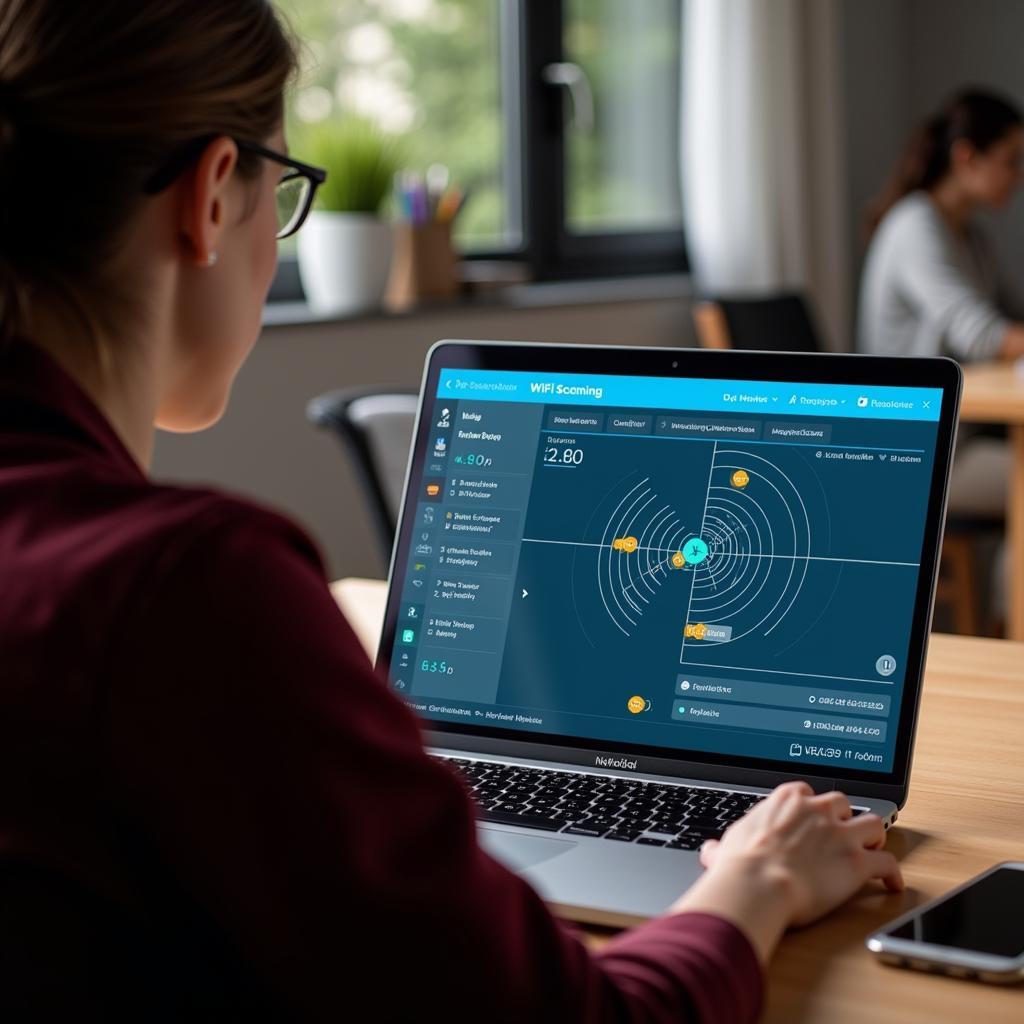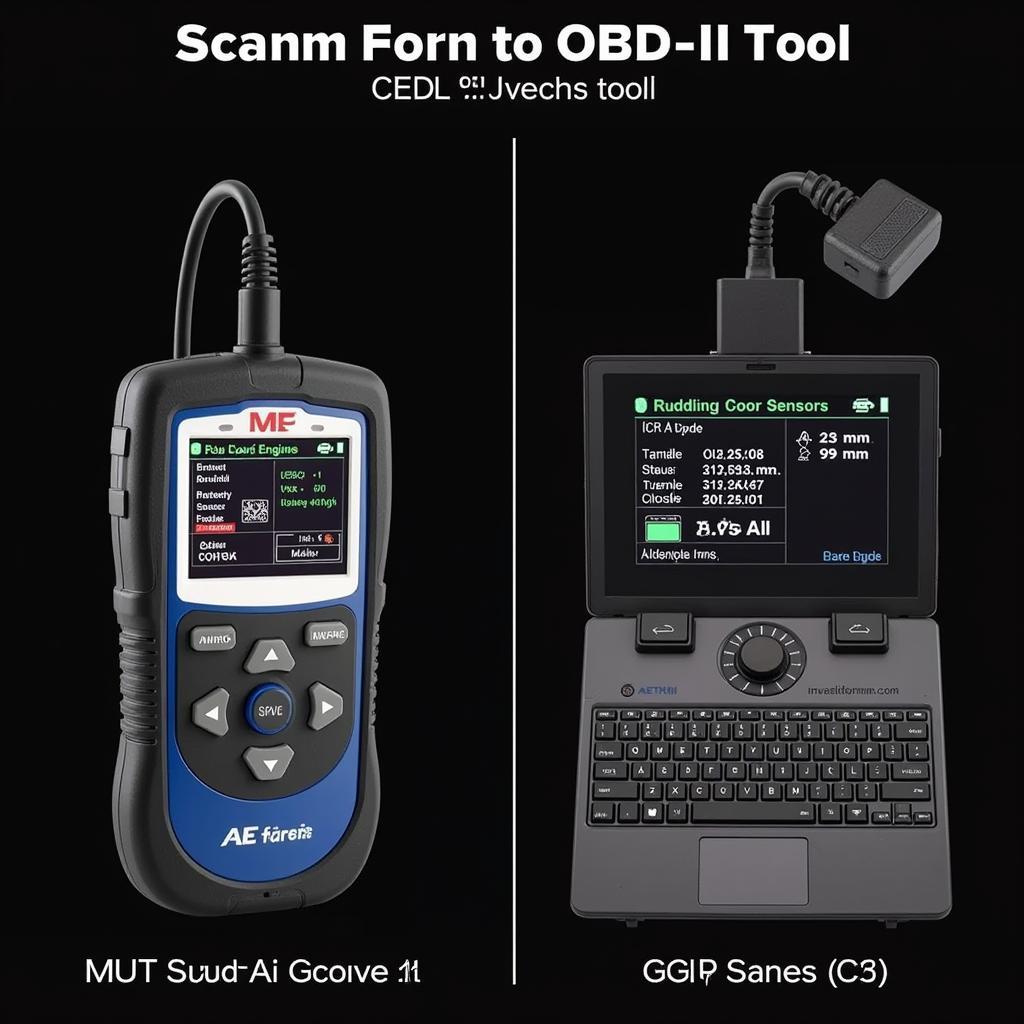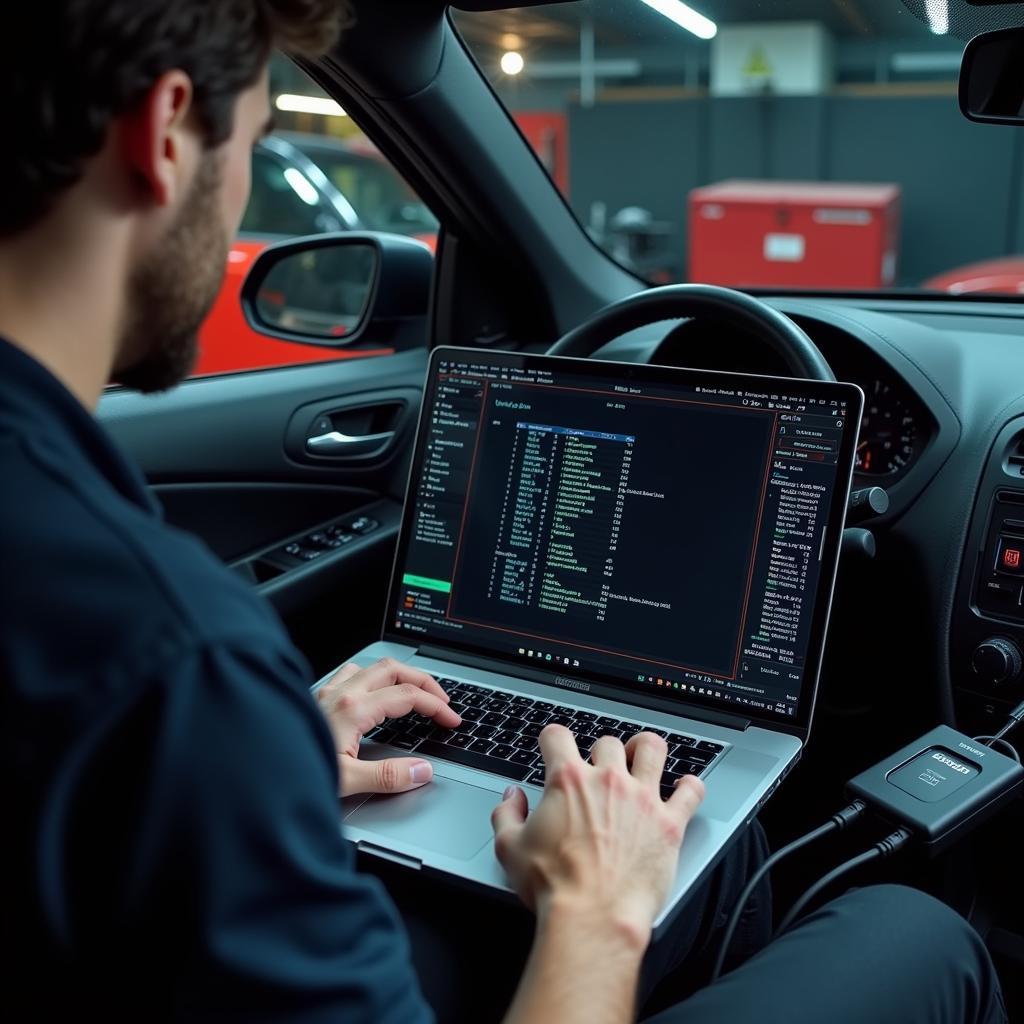A Volvo Car Scanner is an essential tool for any mechanic or Volvo enthusiast who wants to keep their vehicle running smoothly. With the right scanner, you can diagnose and troubleshoot a wide range of issues, from engine problems to electrical faults. But with so many different scanners on the market, it can be tough to know which one is right for you.
This comprehensive guide will provide you with everything you need to know about Volvo car scanners, including the different types of scanners available, the features to look for, and how to use a scanner to diagnose and troubleshoot your Volvo.
Understanding the Importance of a Volvo Car Scanner
Modern Volvos are equipped with sophisticated electronic systems that control everything from the engine and transmission to the airbags and climate control. When something goes wrong with one of these systems, the car’s onboard computer will store a diagnostic trouble code (DTC) in its memory. A Volvo car scanner allows you to read these DTCs and get a better understanding of what’s causing the problem.
Having this information can be invaluable in helping you to quickly and efficiently diagnose and repair the issue. Without a scanner, you’re essentially shooting in the dark.
Here are just a few of the many benefits of using a Volvo car scanner:
- Save Time and Money: By diagnosing problems yourself, you can avoid costly trips to the mechanic for minor issues.
- Increased Accuracy: Volvo car scanners provide detailed information that can help you pinpoint the root cause of a problem, preventing unnecessary repairs.
- Enhanced Control: Owning a Volvo car scanner puts you in the driver’s seat, allowing you to stay informed about your car’s health and make proactive maintenance decisions.
Types of Volvo Car Scanners
There are two main types of Volvo car scanners:
1. Generic OBD-II Scanners
These scanners are designed to work with a wide range of vehicles, including Volvos. They are typically more affordable than Volvo-specific scanners, but they may not be able to access all of the DTCs stored in your car’s computer.
2. Volvo-Specific Scanners
These scanners are designed specifically for use with Volvo vehicles. They offer several advantages over generic OBD-II scanners, including:
- Access to all Volvo-specific DTCs: This includes codes that are not accessible with generic scanners.
- More detailed information: Volvo-specific scanners can provide more information about each DTC, such as the code description, possible causes, and repair procedures.
- Advanced features: Some Volvo-specific scanners offer advanced features such as component actuation, which allows you to test individual components and systems.
Choosing the Right Volvo Car Scanner
When choosing a Volvo car scanner, it’s important to consider your needs and budget.
- DIYers on a budget may find that a generic OBD-II scanner is sufficient for their needs.
- Volvo enthusiasts and home mechanics may prefer a Volvo-specific scanner for its more comprehensive features and capabilities.
- Professional mechanics will need a high-end volvo oem scan tool that can provide all the information and functionality needed to diagnose and repair complex issues.
Using a Volvo Car Scanner
Using a Volvo car scanner is a relatively straightforward process. Most scanners come with easy-to-follow instructions. Here are the basic steps:
- Locate the OBD-II port. This is typically located under the dashboard on the driver’s side.
- Connect the scanner to the OBD-II port.
- Turn on the ignition, but do not start the engine.
- Follow the on-screen prompts. The scanner will guide you through the process of reading and clearing DTCs.
Once you have read the DTCs, you can use a code reader or online database to look up their meaning. This will give you a better understanding of what’s causing the problem so you can begin troubleshooting.
Troubleshooting Common Volvo Problems with a Scanner
A Volvo car scanner can be used to troubleshoot a wide range of problems, including:
- Check Engine Light: One of the most common reasons for using a scanner is to diagnose a check engine light.
- Transmission Problems: Scanners can read transmission codes to identify issues with shifting, slipping, or other transmission-related problems.
- ABS and Airbag Issues: Safety systems like ABS and airbags have dedicated modules that can be accessed with a scanner to pinpoint faults.
- Electrical Problems: From faulty sensors to wiring issues, scanners can be used to detect electrical problems in various systems.
“A Volvo car scanner is an invaluable tool for anyone who owns a Volvo,” says John Smith, a master Volvo mechanic with over 20 years of experience. “It allows you to take control of your car’s maintenance and repair, saving you time and money in the long run.”
Beyond Diagnostics: Component Actuation
Advanced Volvo car scanners go beyond simple diagnostics and offer features like component actuation with scan tool. This allows you to interact with specific components and systems, such as:
- Testing Fuel Injectors: You can command the fuel injectors to open and close to check for proper operation.
- Cycling ABS Valves: This can help diagnose problems with the ABS system.
- Controlling Cooling Fans: You can turn the cooling fans on and off to test their functionality.
These features can be incredibly useful in confirming repairs or identifying intermittent issues that might be difficult to isolate otherwise.
Conclusion
A Volvo car scanner is an essential tool for any Volvo owner or mechanic. With the right scanner, you can diagnose and troubleshoot a wide range of problems, saving you time and money in the process.
If you’re looking for a Volvo car scanner, be sure to choose one that’s right for your needs and budget. And remember, always consult your owner’s manual or a qualified mechanic if you’re unsure about how to use a scanner or diagnose a problem with your Volvo.
Need help choosing the right Volvo car scanner for your needs? Contact the experts at ScanToolUS at +1 (641) 206-8880 or visit our office at 1615 S Laramie Ave, Cicero, IL 60804, USA. We are here to help you keep your Volvo running smoothly for years to come.



